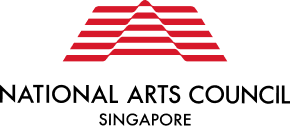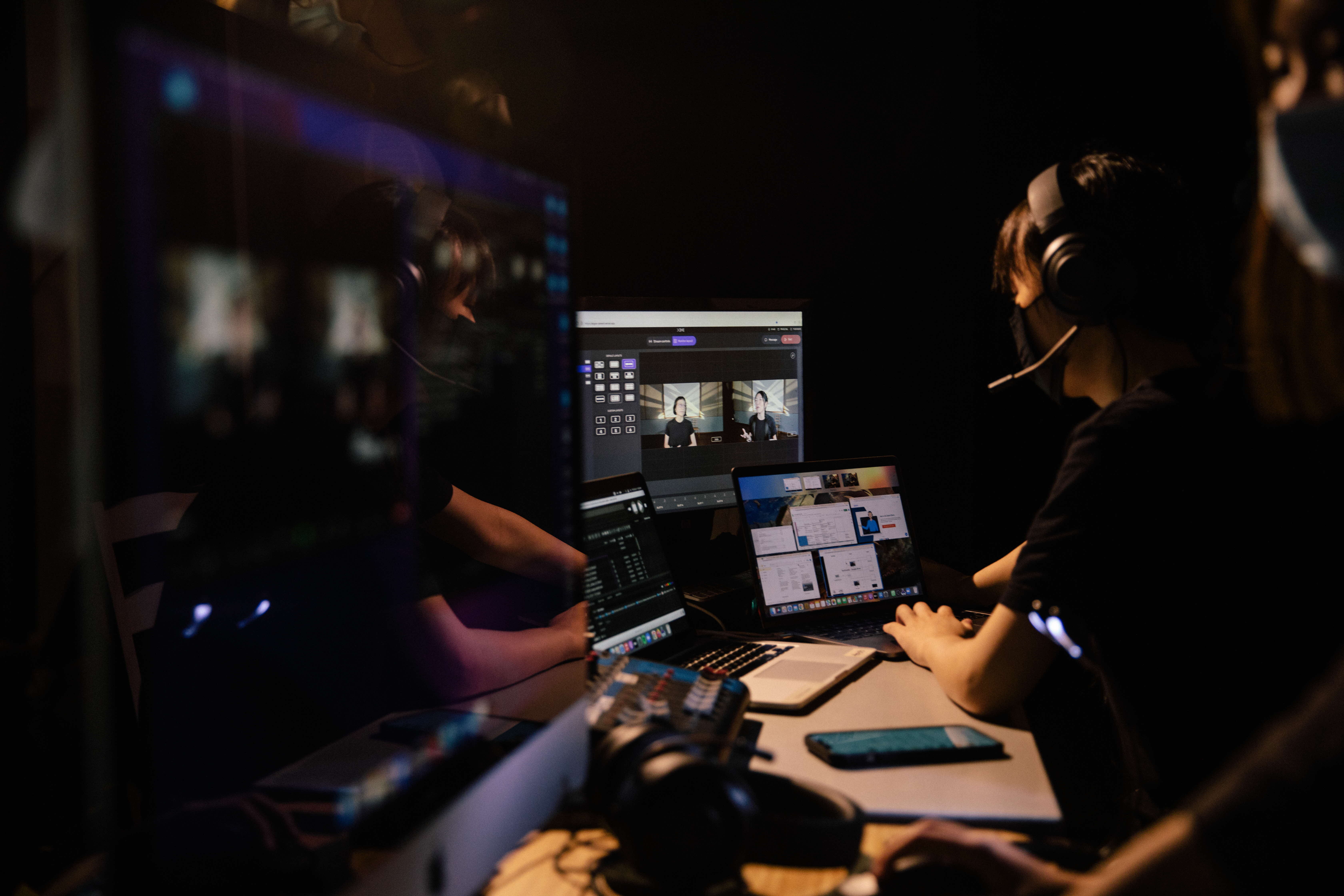What is it like to work in this sector?
Professionals working in this sector support the technical requirements of a production and offer professional services to run the production. They have strong technical competencies, must be creative in problem-solving and be adept at collaborating with diverse teams. They must also be adaptable to resolve unforeseen challenges during a production and thrive under pressure.
Apart from stage productions in theatres, professionals in this sector can apply their skills across a range of platforms and mediums such as festivals, live music venues, production studios for the small and large screen and digital and online media.
There are some 2,000 professionals in this sector, making up about 19% of the arts workforce. Many are engaged on a freelance basis by venues, rental houses or directly for production.
What is trending?
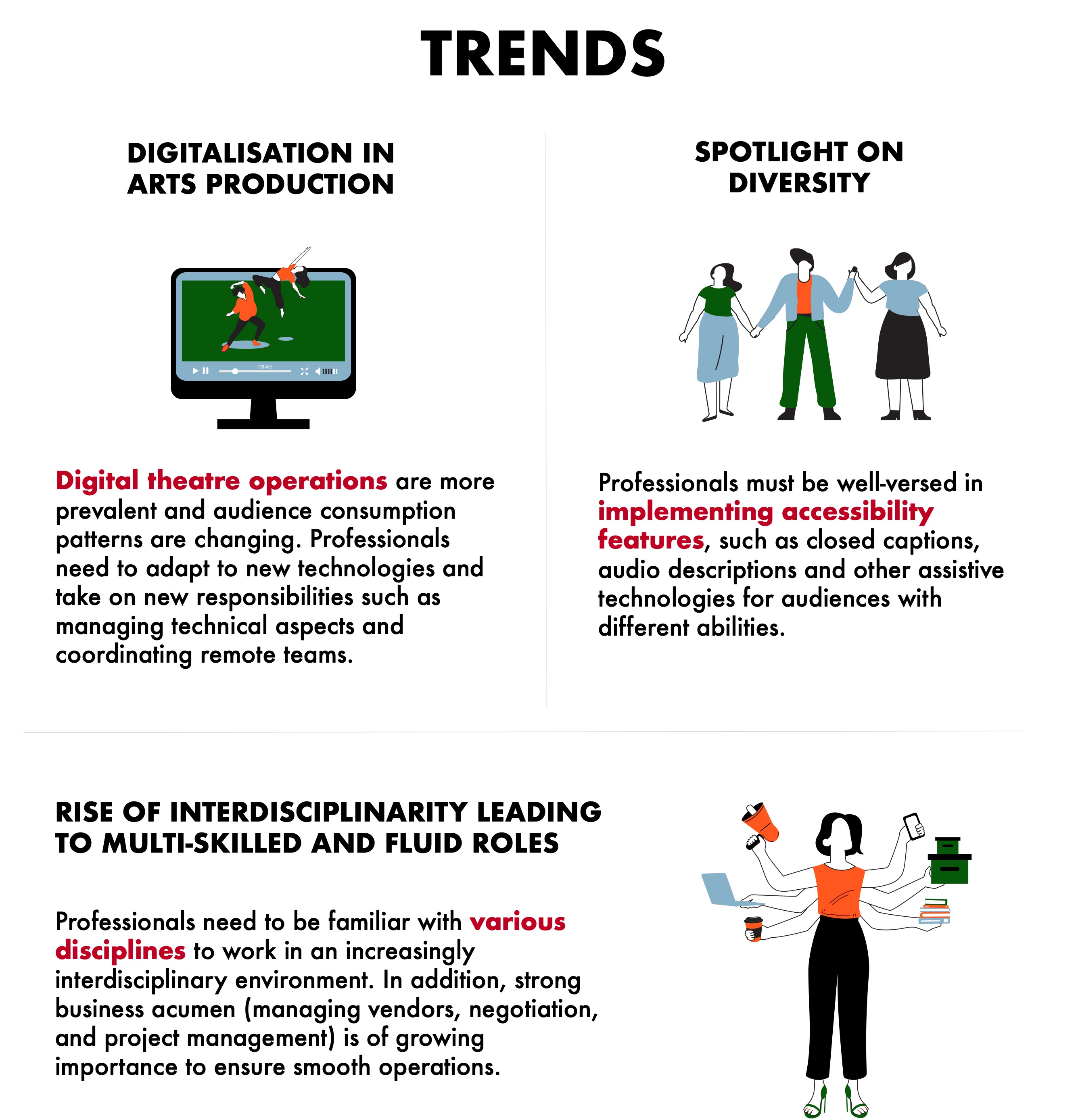
Desired Attributes
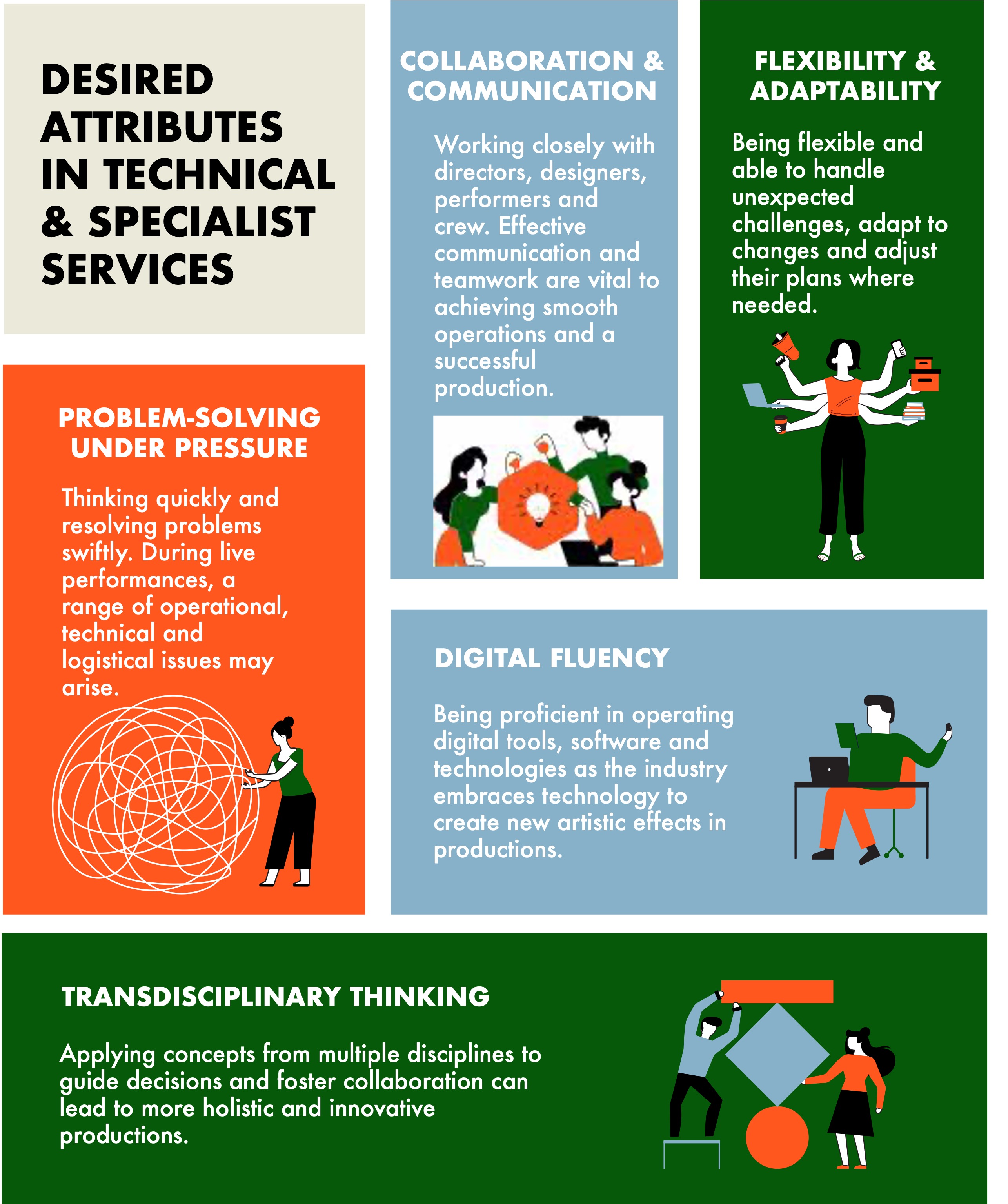
Job Tracks
This sector has two tracks: technical and production.
Technical Track
Professionals in the Technical Track specialise in the technical aspects of a production, including building and operating the physical elements. They are responsible for handling lighting, sound, automation systems, multimedia content, set construction, props management, and more. They ensure that all technical elements are executed flawlessly, contributing to the production's overall success.
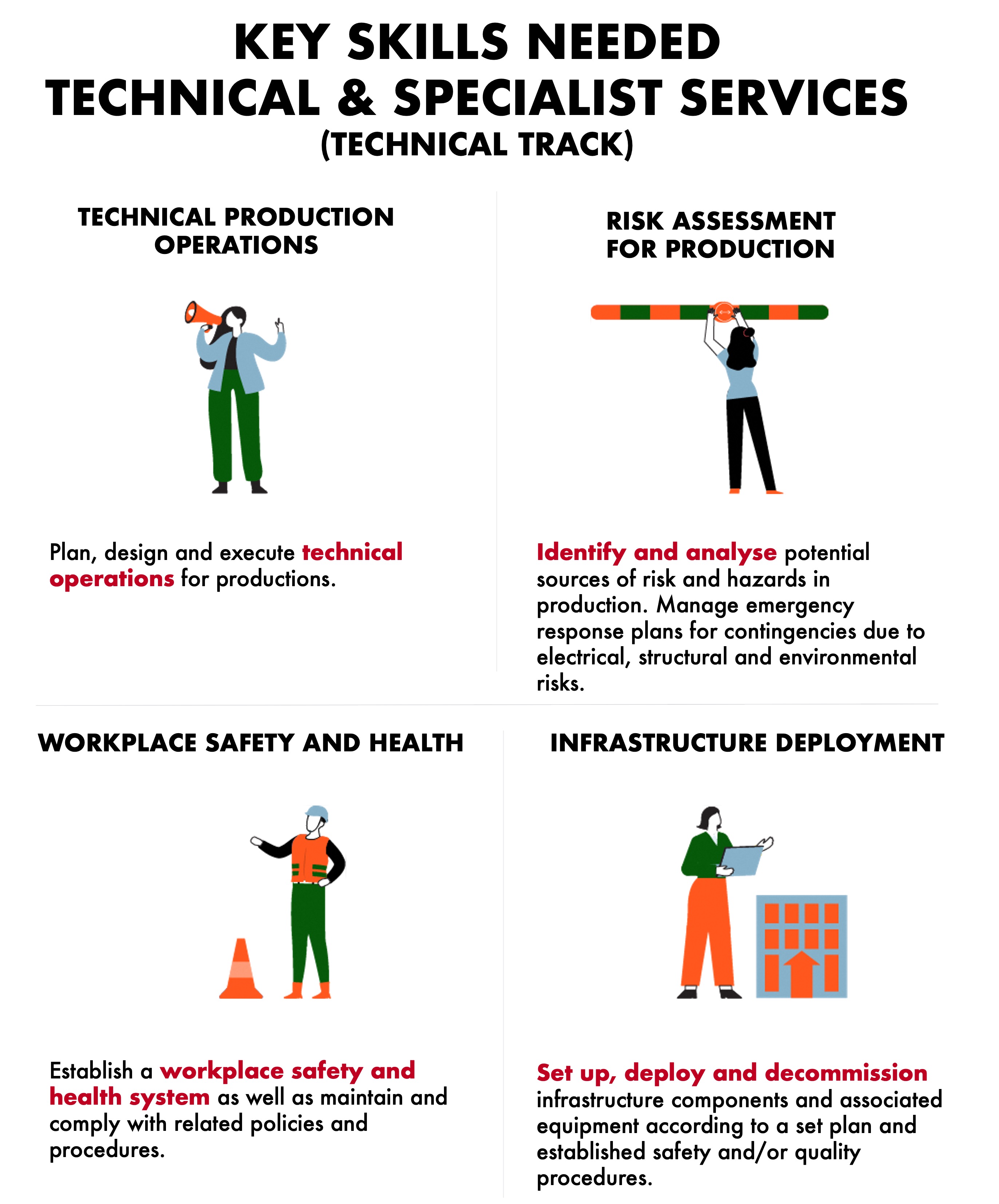
Job Prospectus
| Job Description |
The Specialist manages the technical dimensions of various aspects and elements of the production and to implement these elements in line with plans designed to meet the vision and desired impact of the performance. This includes operating production/technical equipment and systems to execute the desired effect. The Specialist is responsible for setting up and testing equipment, and working directly with producers and designers before and during performances. They should be able to accurately follow design briefs and instructions. Depending on the scope and size of the production, the Specialist may be required to supervise junior technical personnel to ensure the correct set up is executive effectively and safely before and during a production. They may also be required to work at heights, be trained to operate elevated work platforms, understand basic electricity, follow workplace safety and health standards and serve as a point of escalation of any reports or breaches. The specialist can either be employed full-time or casually in a venue, in a rental house or directly for production. *Specific job descriptions for the different domains can be found in the Guide on Occupations and Skills |
Key Responsibilities |
|
Key Technical Skills |
|
| Automation Specialist |
|
| Lighting Specialist |
|
| Multimedia Specialist |
|
| Sound Specialist |
|
| Stage Specialist |
|
Key Soft Skills |
|
| For more information, please refer to the Skills Framework for Arts (Technical Theatre and Production) |
Production Track
Professionals in the Production Track manage the logistical and operational aspects of the production, ensuring the smooth execution of rehearsals and productions. They coordinate with various teams, manage schedules, resources and budgets assigned to them, and oversee the production process. Their efficient management ensures that the artistic vision is translated into reality and that the production runs seamlessly.
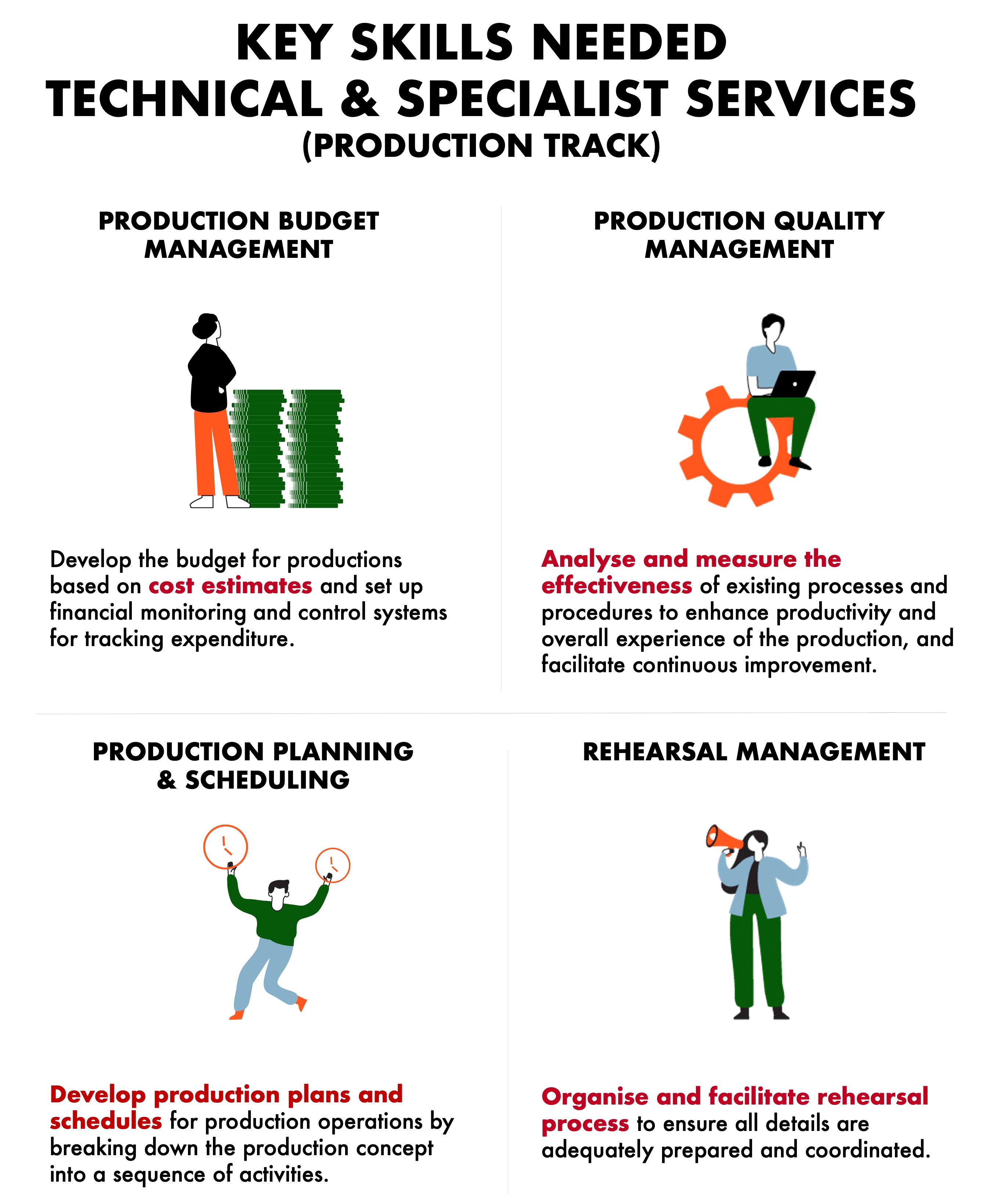
Job Prospectus
| Job Description |
The Stage Manager is responsible for pre-production and rehearsal preparations, running and managing rehearsals and performances, and post-production administration. Duties can include overseeing the smooth execution of all rehearsals and performances, clerical organization, coordinating and communicating production activities and information between departments (including production documents), serving as the main point of contact for all involved in the production, and participating in production meetings. He/she notates blocking, maintains the prompt book and manages the deck during rehearsals and performances. He/she may at times, need to instruct junior team members to source and/or manage look after props and costumes when there aren't any props or costume staff. He/she is also required to call or cue the show as a show caller. |
Key Responsibilities |
|
Key Technical Skills |
|
Key Soft Skills |
|
| For more information, please refer to the Skills Framework for Arts (Technical Theatre and Production) |
Industry Profile

Kenny Wong, Head of Technical Production at Esplanade — Theatres on the Bay
"Technical Theatre practitioners need to be problem-solvers because the field is about finding creative solutions to artistic problems. They need to like what they are doing to tolerate the long and irregular hours. They also need to be independent and self-driven, as there is usually little to no direct supervision in a show."

